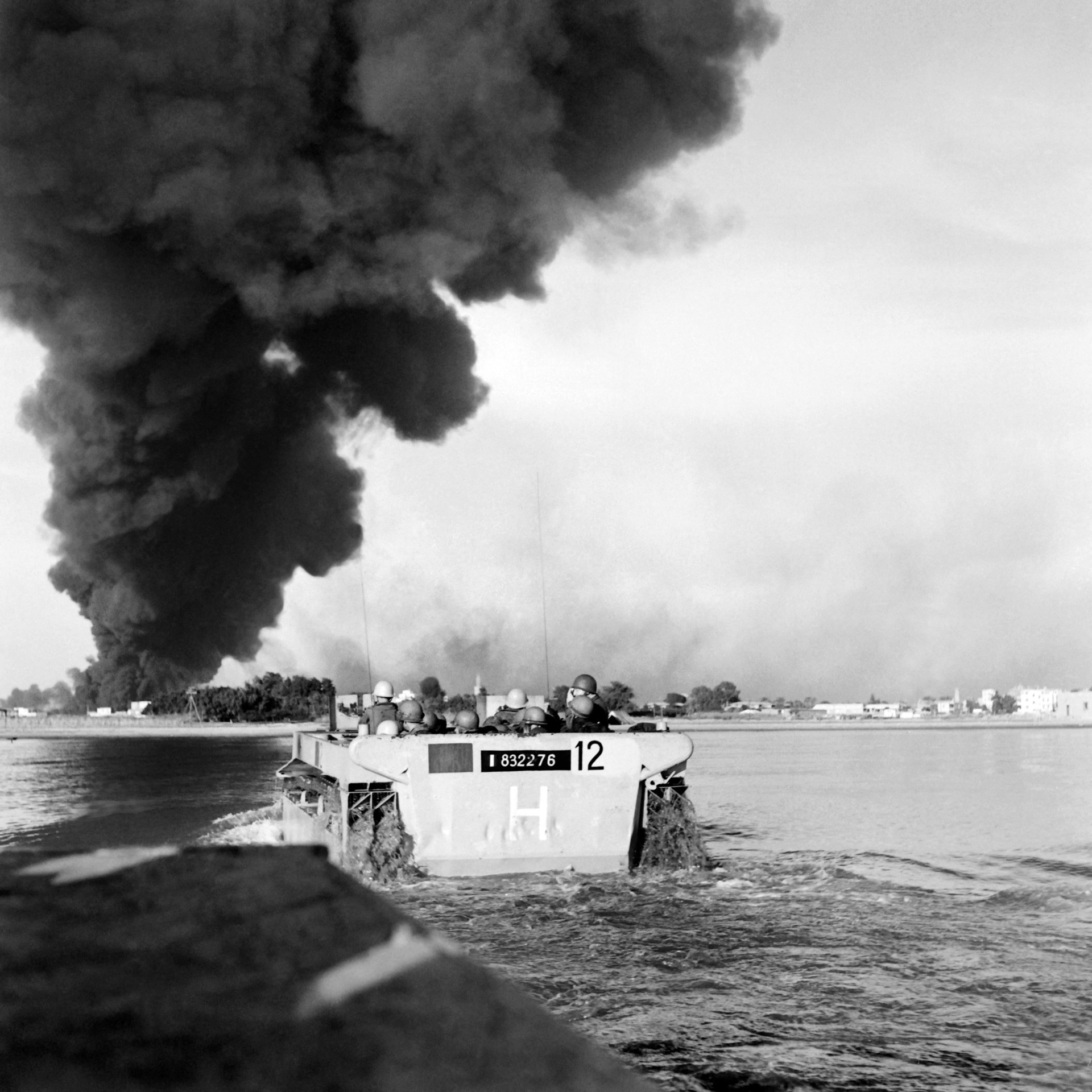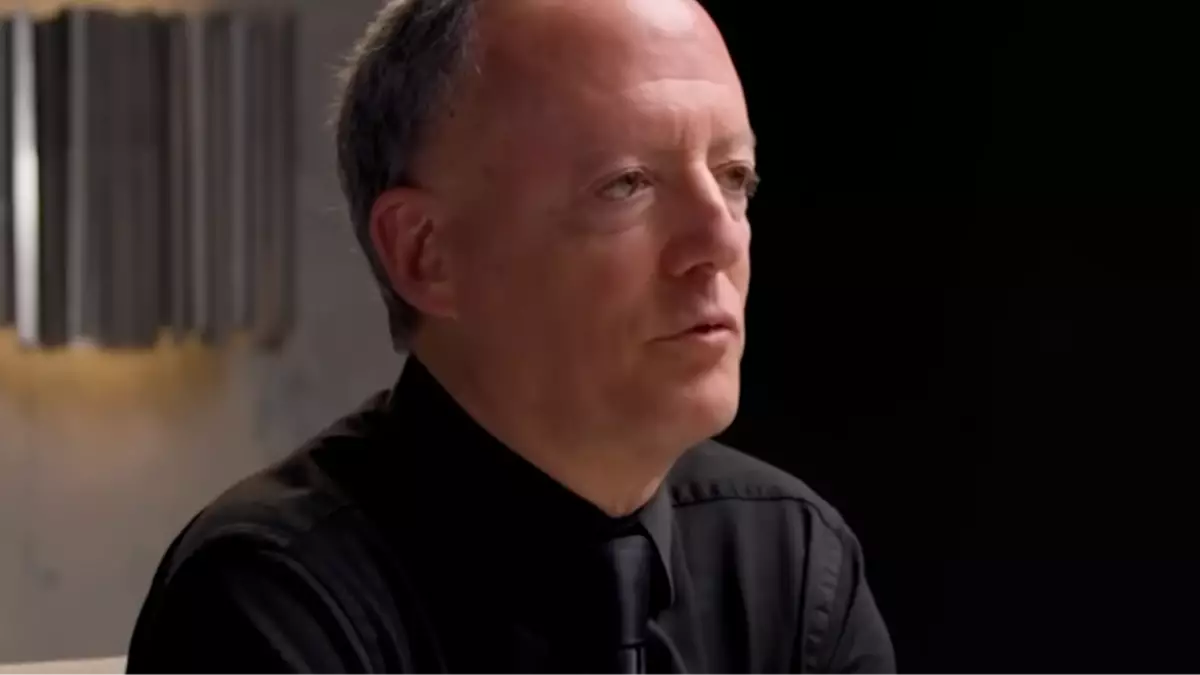Copyright Just Security

International law has always been shaped by crisis. Each generation has faced moments of rupture that have tested the resilience of legal norms and the willingness of nations to cooperate—from wars to financial collapses, from global pandemics to environmental catastrophes. Yet from these moments of instability have come great periods of legal innovation, institutional growth, and geopolitical cooperation. The theme of this year’s International Law Weekend Oct. 23-25, Crisis as Catalyst in International Law, captures this paradox: that progress in international law often emerges not in spite of crisis, but because of it. Crises expose the limitations of existing systems. They demand urgency, innovation, pragmatism, and sacrifice. They compel the international community to translate fear into reform—to build new institutions, redefine obligations, and reimagine justice. Looking backward, we see how past crises forged new norms of peacekeeping, diplomacy, accountability, and global governance. In the present moment and looking forward, we are challenged to act with similar resolve, using the lessons of history to anticipate the next upheaval before it arrives. The Past: Crisis as Teacher History shows that international law often evolves not in times of calm, but in moments of crisis. These moments of geopolitical tension and economic turmoil have repeatedly forced States to confront the limits of existing norms and, in doing so, to create new ones. The past is therefore not only a record of conflict, but a chronicle of renewal. The Suez Crisis of 1956 was one such turning point. When Egypt nationalized the Suez Canal, Britain, France, and Israel launched a military intervention. The ensuing outcry, particularly from the United States and the Soviet Union, demonstrated that colonial‐era assumptions about the lawful use of force were no longer tenable. Two United Nations Security Council resolutions aimed at ending the conflict were vetoed by Britain and France. In the face of gridlock, for the first time, the Security Council passed a resolution calling for an emergency special session of the General Assembly, under the 1950 “Uniting for Peace” resolution. The crisis accelerated the consolidation of the U.N. Charter’s prohibition on unilateral military action and strengthened the norm of collective security under the United Nations. It also underscored the importance of U.N. peacekeeping: the first U.N. Emergency Force was created to supervise the ceasefire, setting a precedent for future operations that blended diplomacy, military restraint, and legal innovation. Just five years later, the Berlin Crisis of 1961, culminating in the construction of the Berlin Wall, similarly pushed the boundaries of international law regarding sovereignty and self-determination. While the superpowers remained locked in an ideological stalemate, international legal discourse began to focus on the rights of divided populations and the limits of occupation authority. The crisis highlighted the tension between territorial integrity and human rights—an issue that would later inform doctrines of humanitarian intervention. The next year, the Cuban Missile Crisis tested the very foundation of the post-Suez norms. The world’s closest brush with nuclear war prompted renewed attention to international mechanisms for crisis communication and arms control. The 1963 “Hotline Agreement” and the Partial Test Ban Treaty were direct outcomes, embedding the idea that existential risks required institutionalized dialogue and legal constraint. In 1979, the Iran Hostage Crisis introduced an entirely different challenge: the violation of diplomatic immunity in peacetime. The seizure of the U.S. embassy in Tehran and the 444-day detention of American diplomats tested one of the oldest norms of international law. The resulting International Court of Justice judgment in United States Diplomatic and Consular Staff in Tehran (United States v. Iran) (1980) reaffirmed the inviolability of diplomatic missions under the Vienna Convention on Diplomatic Relations, reinforcing the Convention’s authority as a cornerstone of international order even amid revolutionary upheaval. Decades later, the 2007–2008 Global Financial Crisis demonstrated that legal crises are not confined to political or military domains. The collapse of financial institutions exposed regulatory gaps in the global economic system. In response, States and international organizations pursued reforms that transformed financial governance: the creation of the Financial Stability Board, the strengthening of the Basel III banking regulations, and renewed cooperation within the G20 framework. These legal and institutional responses redefined accountability, transparency, and risk management in international economic law. Across these moments—from Suez to Wall Street—the pattern is clear. Each crisis forced States to confront the inadequacy of existing rules and to imagine alternatives. Crises shattered complacency, clarified norms, and catalyzed collective will. International law has evolved through these moments of rupture, proving that even in turmoil, law remains humanity’s most durable response to disorder. The past, then, is not only instructive but formative. Each historical crisis leaves a residue of learning that informs the present moment—an ongoing dialogue between what was and what is. The Fleeting Present If the past is fixed, the present reflects an unusual temporal moment. The past represents what was. It is a history that can be studied, and the accuracy of these studies often increases with each passing hour that separates yesterday and today. The future is omnipresent. Predictions can be made, although their accuracy generally decreases with each passing hour that separates today and tomorrow. The present, however, represents a fleeting moment in time. When that moment is captured, it has already moved into the past. For these reasons, reflecting on the present can be difficult. But embracing opportunities in the present is essential. It is in the present when thought occurs, when change is proposed, and when action is taken. It is in the present when we reflect on the past and generate “lessons learned” from that past. It is in the present when we consider the future and develop solutions to address future challenges. International Law Weekend embodies that living present—the point where reflecting on the past and considering the future converge. This year’s theme conveys that spirit. Each panel is informed by the past; each panel seeks to inform the future; and each panel invites participants to examine how moments of past upheaval can spur future transformation. Yet, the present also demands caution. Not every “lesson learned” is the right one. Not every crisis offers enlightenment; not every crisis leads to progress. Sometimes, they can lead to retrenchment and the curtailment of rights. The terror attacks of 9/11 led to a global war on terror and years of human rights abuses. The end of the Saddam Hussein regime in Iraq at the hands of a democratic coalition suggested that military intervention against authoritarian regimes would inevitably lead to the emergence of national and regional stability. It did not. These historical crises reflect lost opportunities whose consequences still reverberate throughout the international legal order. These reverberations can be felt today in the lethal strikes on suspected drug smugglers in the Caribbean Sea, where echoes of the post-9/11 era are shaping the application of international law. This year’s “hot topic” panel at International Law Weekend will confront that reality—asking whether the lessons drawn from past crises are being used to steer international law down a familiar and troubling path. In this way, International Law Weekend captures the diversity of international law—a field defined by a diversity of crises, a diversity of views, and a diversity of solutions. Yet, that diversity is tempered by common threads—of urgency, of innovation, of pragmatism, and sacrifice. The Future: Crisis as Opportunity What about the future? Can a looming crisis, not yet on our doorstep, serve as a catalyst for progressive change? What is a sound strategy for addressing future crises through international law? We invite attendees at International Law Weekend to consider the following. Urgency We must begin by creating a sense of urgency. Our greatest obstacle is psychological indifference—the tendency to treat future harm as abstract, remote, or as someone else’s problem. Essentially, we need to build an “outrage time machine.” The crisis must feel real before it arrives, and the consequences of inaction must be vividly portrayed. The International Court of Justice recently demonstrated this technique in a landmark advisory opinion by describing the climate crisis as “an existential problem of planetary proportions that imperils all forms of life and the very health of our planet.” Deploying more graphic language, the U.N. Secretary-General has warned that we are “playing Russian roulette with our planet,“ and “on a highway to climate hell with our foot still on the accelerator.” Others create urgency by arguing that the climate crisis is already here, telling the stories of those who have suffered and directly connecting those experiences to the interests of all. We’ll be doing this on several panels at International Law Weekend, discussing the benefits of narrative strategies in international environmental law and focusing on island nation-states in danger of becoming uninhabitable. We must also amplify the rights of future generations and find ways to give them concrete agency. The U.N.’s recent Summit of the Future exemplified this by adopting the first-ever Declaration on Future Generations, recognizing the need for intergenerational dialogue and safeguarding the interests of those not yet born. As Edith Brown Weiss has written, “[i]f future generations have rights, people living today must consider their interests, examined from their perspective, in the actions we take today.” Innovation Second, we must be open to a paradigm shift. If existing frameworks cannot be adapted, we have to pave the way for the rapid development of new norms—a “Grotian Moment.” We should not assume that nation-states and existing international organizations will rise to the occasion on their own. We must remain open to unconventional alliances and new governance models, and we must encourage a spirit of creativity and experimentation. In the context of the climate crisis, we may already be on the cusp of a Grotian Moment. The concept of statehood is actively being reexamined, and there is growing recognition of a human right to a healthy environment, including by the ICJ in its Advisory Opinion on Climate Change. Pragmatism Third, we must aim for progress, not perfection. A single elegant solution is rarely the way out of a complex problem, especially when the full contour of the next crisis is just coming into view. Multiple, overlapping solutions may be required, and the path forward will seldom be linear. That spirit of pragmatism was evident in the historic adoption of the World Health Organization’s Pandemic Agreement, which set out a legal and operational framework for a coordinated global response to the next pandemic. In a remarkably adaptive approach to negotiation, the parties chose to “build the ship while sailing,” deferring the most complex and contentious details to a future annex whose successful agreement is a necessary condition for entry into force. Whether this approach will lead to effective implementation remains to be seen, but it accelerated the treaty’s adoption, a crucial first step in the right direction. Sacrifice Finally, we must acknowledge that preventing a crisis in the future requires making sacrifices today. Economic, political, and personal tradeoffs are necessary in favor of long-term stability and collective well-being. It seemed the world understood this when countries signed the Paris Agreement in 2016. Yet the sacrifices needed to reduce carbon emissions in line with targets are not coming easily. Commitments are waning enough that the treaty risks losing its normative force. Still, optimism endures in the many sacrifices taking place beyond the treaty framework – by governors and mayors, corporations, communities, and individuals. Individual sacrifices need not be extreme if their cumulative impact is extraordinary. Conclusion The arc of international law bends through crisis. Each generation inherits not only the rules crafted in response to the last upheaval, but also the responsibility to adapt them for the next. The past shows that moments of fracture can produce enduring frameworks for peace, justice, and cooperation. The present demands that we sustain that momentum: to study crises not merely as failures, but as opportunities for innovation. The future challenges us to act before the next inflection point arrives.



